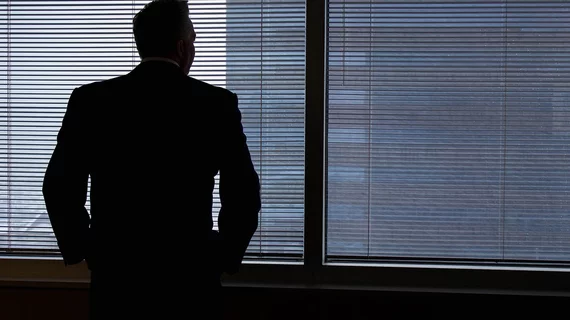Private equity returns plummet to lowest levels seen since 2009
Private equity funds returned the lowest amount of cash to investors in a single year since the Great Recession hit 15 years ago, according to Raymond James Financial.
Distributions to such “limited partners” totaled 11.2% of funds’ asset value in 2023. That’s the lowest tally since 2009 and well below the median figure of 25% over the past 25 years, Bloomberg reported Monday.
Volatile markets, economic uncertainty and higher borrowing costs have combined to make it more difficult for PE firms to exit their investments. The median holding period for a buyout firm asset sits at about 5.6 years, much higher than the industry norm of 4 years, according to the report.
“The cash flow math at the investor level is broken,” Sunaina Sinha Haldea, global head of private capital advisory at Raymond James, told Bloomberg. “This is the worst-ever fundraising market, worse than even during the global financial crisis,” she added later.
The news comes amid growing private equity interest across radiology. PE-supported groups in the specialty include Premier Radiology Services, LucidHealth, Radiology Partners, Rayus Radiology, US Radiology Specialists, SimonMed, Solis Mammography and Capitol Imaging.
S&P Global also reported in January that bankruptcies of PE- or venture capital-backed companies hit a record high in 2023. Radiology provider Akumin led the healthcare segment, alongside medical transport firm Air Methods Corp.
Read more from Bloomberg:

